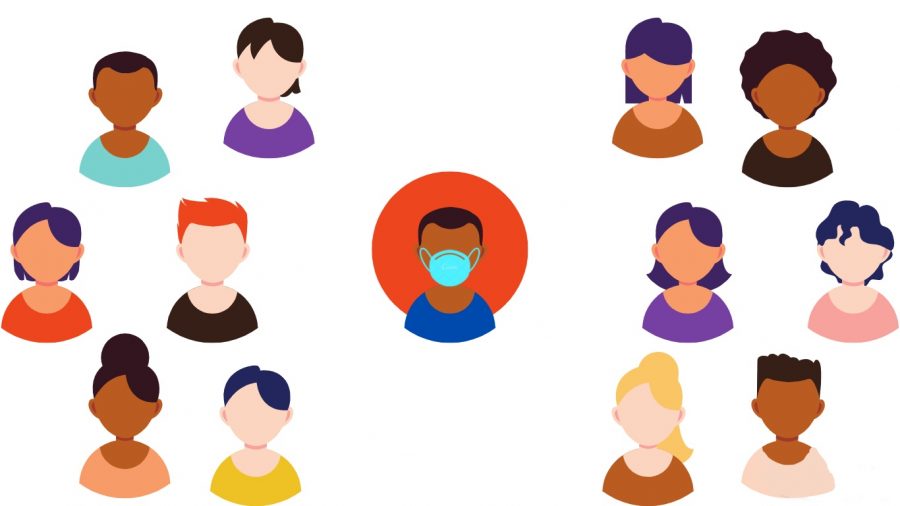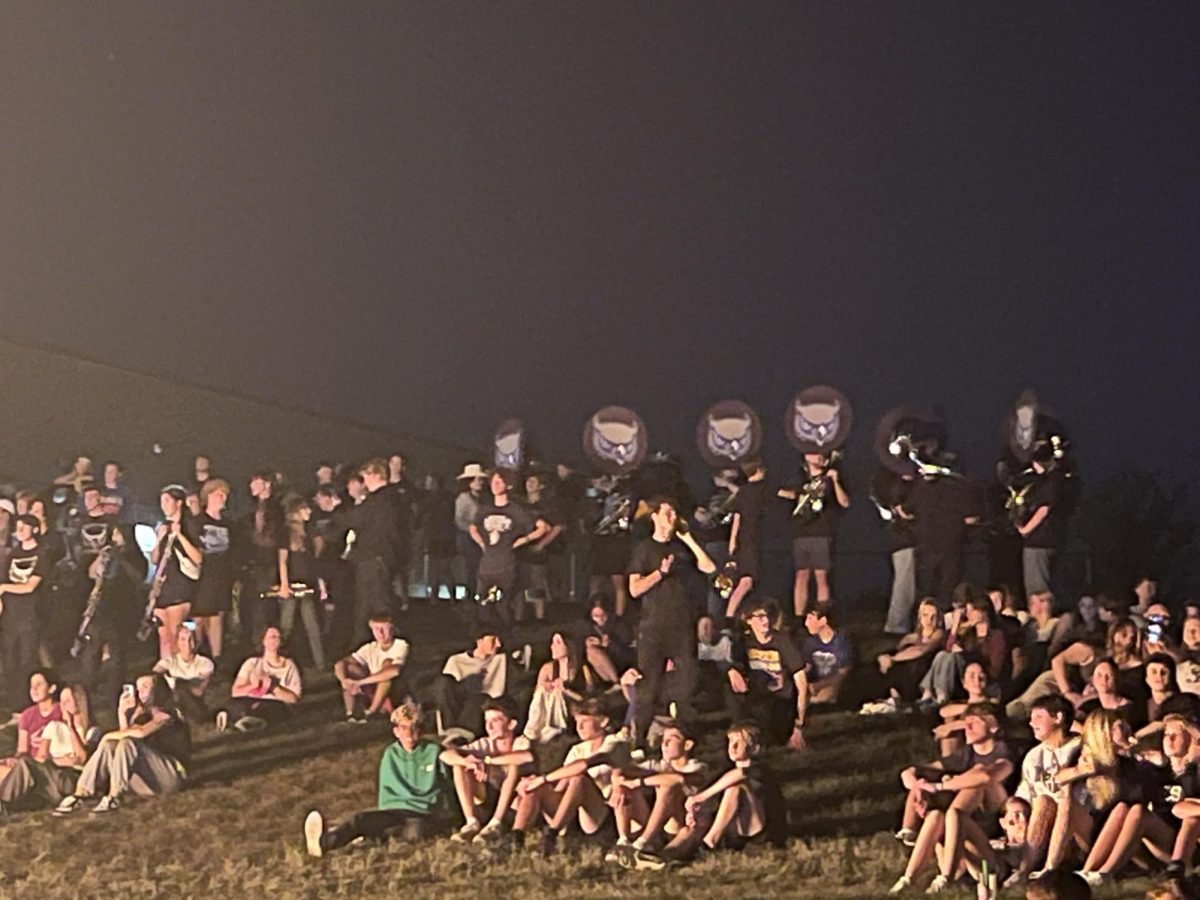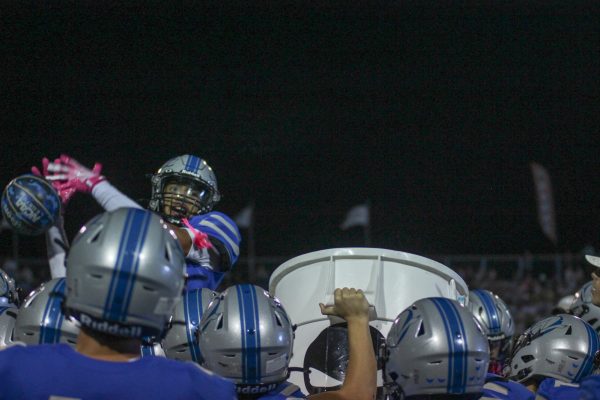Life Through the Eyes of a Covid-19 Patient
December 10, 2020
In the last eight months, many people have quarantined themselves, worn masks every day, and social distanced as much as possible. With all the precautions that people have taken, a lot of them are lucky enough to not know what it’s actually like to have COVID-19 or be exposed to someone with the virus.
However, there are many people at West who do know what it’s like.
One teacher who was diagnosed with COVID-19 was biology teacher Molly Bicker. After being exposed to her sister in September, she taught from home for a few weeks and was recovered before any student entered West in October.
“I didn’t have any serious symptoms, but I obviously didn’t want to give it to anyone,” Bicker said. “I used a virtual background. I was encouraged to not cause panic for my students.”
Junior Kaden Cogdill was also quarantined but was never directly tested positive for COVID-19. After being exposed at a family gathering, he and his family stayed at home for two weeks.
“I stayed in the basement for two weeks,” Cogdill said. “I was so bored. I missed seeing my mom and my brother, Easton. We all had to be in separate rooms just in case one of us had it, and my Dad took care of all of us because we knew he didn’t have it.”
Even though Cogdill never experienced symptoms, he held worry for his family throughout the process, including his younger siblings who were exposed.
Junior Kaitlyn Knight was diagnosed with COVID-19 and experienced strong symptoms for many days. While suffering from issues with breathing, coughing, nasal issues, and fatigue, Knight felt this time was also hard on her and her family.
“The other day my mom and I went on a walk,” Knight said. “It was going fine, but we severely overestimated our energy level. We could barely make it back. My parents and [I] have had some terrible symptoms.”
Knight attests that the most difficult part of being quarantined originally was the guilt. Even though she got it from her dad, an unavoidable contamination, people weren’t very understanding.
“I saw a friend a few days before I was tested,” Knight said. “When I told her I had COVID, she seemed almost angry at me. When I told people about it, they were judgemental, like I did something wrong.”
Many people who got COVID-19 feared the stigma. In fact, Healthing predicts that one in three people will lie about their disease after getting it. This could be about the diagnosis; how they got it, their symptoms, their pre-conditions, and their overall experience when having COVID-19. This was largely in order to seem less guilty about getting it, even if it wasn’t necessarily their fault, for example, getting contaminated by a family member when helping them to heal.
However, social stigma isn’t the only thing to worry about when diagnosed with COVID-19. In the case of senior Ashley Jacobson, her father’s health was put on the line after he contracted COVID-19 at his work.
“When he first got it we weren’t too worried,” Jacobson said. “But he had to go to the ER. He couldn’t breathe properly, he still can’t…he had trouble even walking when he could finally leave the hospital.”
He’s made a strong recovery since, but Jacobson’s family worries about long-term lung damage which could cause future medical problems Both her and her mom have made a healthy recovery. Jacobson’s symptoms weren’t as strong as her father’s, and she’s already back in school and even attending tennis practice.
Bicker, Cogdill, Knight, and Jacobson all had somewhat different experiences. How they got it, their symptoms, and their struggles all differed. The only thing they all agreed on was that they are very concerned about the effects of COVID-19. Whether they were cautious before or not, their personal experience has greatly affected how they view the pandemic.
“We weren’t ignoring the pandemic,” Jacobson said. “But we probably weren’t being as safe as we are now. If my Dad got it a second time, it would be terrible…I wish more people understood why precautions are important.”








